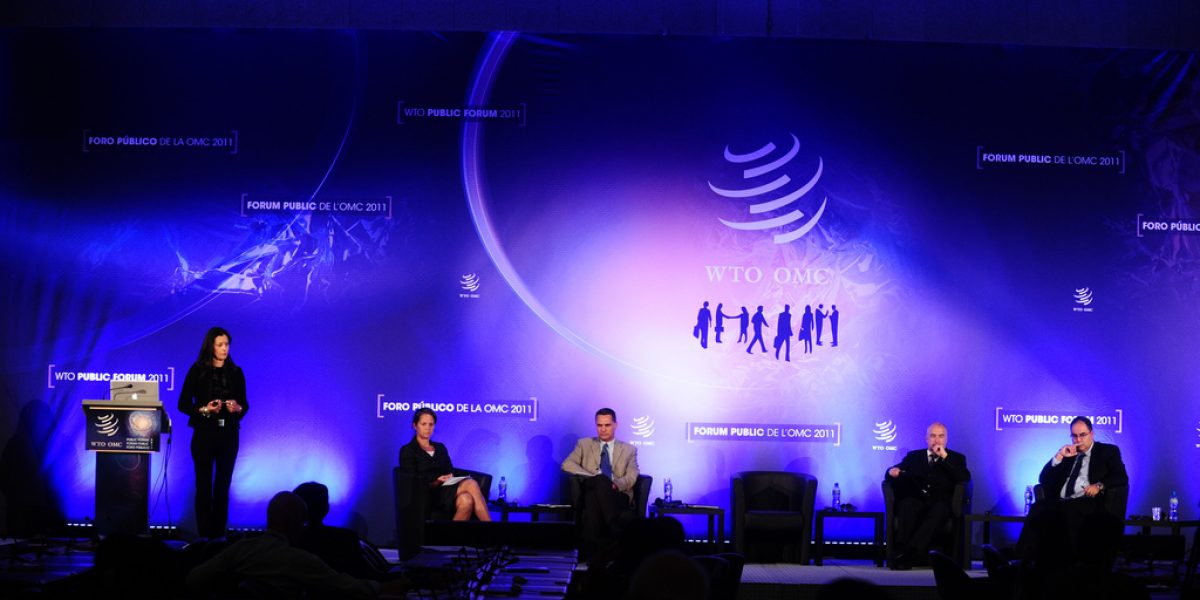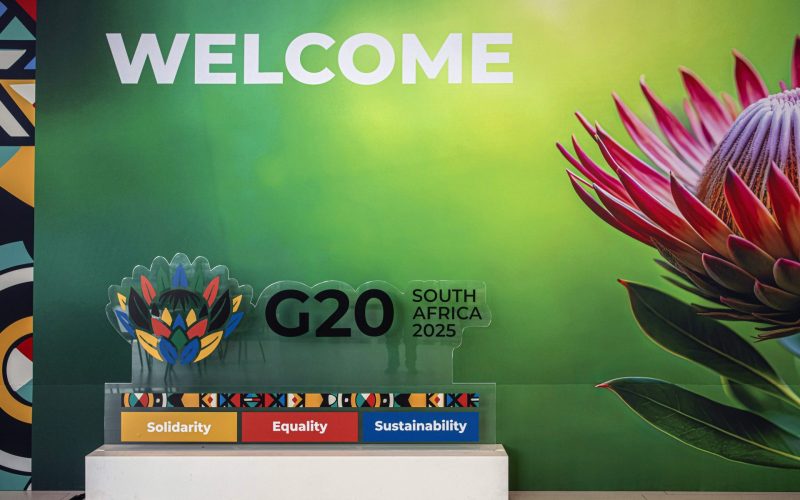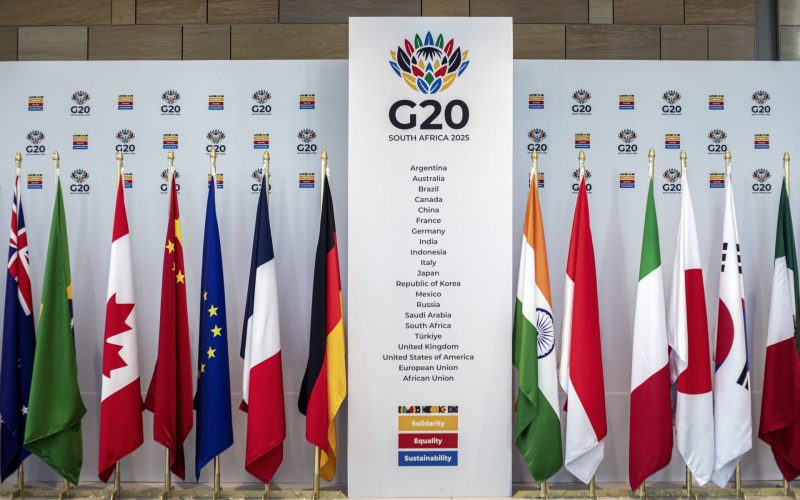Whilst that remains a distinct possibility, it is likely that in time it will be revived again. The proximate cause for this latest failure was rules governing agricultural trade, again. This time a US-India stand-off over developing country protection measures spoiled the party; but the truth is that had it been resolved other, bigger issues stood in the way: developed country agricultural subsidies and tariff protections, developing country industrial tariffs, and rules governing trade in services stand out.
The irony is that the major players are not hopelessly far apart on these negotiating issues. Indeed the Geneva talks witnessed substantial narrowing on a number of technical issues. As usual, the blockages are to be found in politics, especially the electoral cycle in key states: the US; the EU; and India.
The US is most critical. Until their elections are settled no big trade decisions will be made. “President” Obama would like to burnish his multilateral credentials by expanding labour and environment provisions in the US trade agenda and including them in the WTO – core Democrat issues a Democratic Congress would insist on but developing countries would reject. “President” McCain is instinctively a free-trader but is likely to face a Democrat Congress. So he would be obliged to talk tough and appease Democrat constituencies – potentially a recipe for continued gridlock in US trade politics. For both candidates key constituencies could be placated if an omnibus trade bill encompassing expanded protections for displaced workers was concluded; but it is not clear that the agricultural lobbies could be faced down.
Hence developing country support is by no means guaranteed. And the global geo-economic reality is shifting decisively towards “Chindia”. It is not surprising, therefore, to find that most multilateral economic governance institutions face serious challenges in pursuing reform agendas. The old order is fading away; the new order is in the early stages of being born. For all our sakes we should fervently hope it does not turn out to be characterized by disorder.
Meanwhile, the current European Commission will be out of jobs next year. This changing of the guard in Europe – still a central actor in WTO negotiations – combined with the US electoral cycle and Indian elections due within a year, means substantial delays in getting key political decisions. Assuming the Washington stars align favourably, it is unlikely the Doha Round will get back on track for at least a year. This will not prevent it from “bubbling under”, but don’t expect headline progress in year ahead.
What are the implications for South Africa? First, this timeline suits our electoral cycle. Second, the delay and likely consequent reduction of ambition in the Round will suit the new ANC and its alliance partners. That is because the post-Mbeki era is shaping up to be one of “liberalization retrenchment”. Of particular importance in this paradigm shift is industrial policy; no deal on industrial tariffs means no tariff liberalization commitments – and as things currently stand those commitments are shaping up to be substantial. Some manufacturing interests will be pleased; commercial farmers will not. Either way, “policy space” will be preserved – probably for a while only.
What if the talks don’t resume? Those who subscribe to the “bicycle theory” of multilateral negotiations believe that if the bicycle doesn’t move forward it will fall over. Should that happen the system would remain in place, but its core fuel – negotiations – would have evaporated. In a global context of potential economic recession and rising fears (not just in the developed world) over the “China cost”, protectionist voices will gather strength. And this at a time when an 800 pound gorilla, in the form of climate change negotiations with all their vexed distributional implications, is sneaking into the WTO’s General Council.
Hence it is likely that high-stakes trade disputes would escalate. At some point the big powers, especially the US, may decide the system no longer serves their interests. As we learned in the 1930s, the absence of such a system, underpinned by the global hegemon, would be extremely dangerous for global security. So these are turbulent times for multilateral economic governance, the WTO in particular, and global political order.







